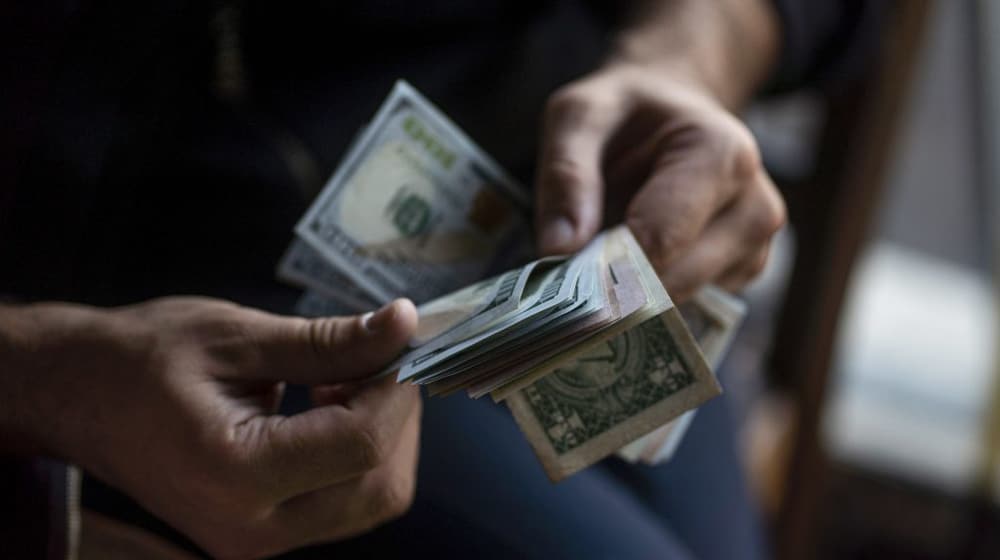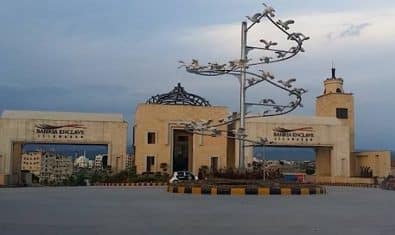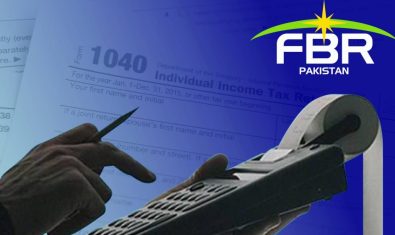The National Assembly’s Standing Committee on Finance again asked the State Bank of Pakistan (SBP) to furnish details of people who availed subsidized loans under the Temporary Economic Refinance Facility (TERF).
The committee was briefed that only new machinery imports were allowed under TERF loans, with SBP releasing roughly Rs. 787 billion for this purpose.
The committee chairman asserted that the central bank only gave out loans to the rich and ignored pretty much everyone else. The committee recalled that 600 individuals were given loans of $3 billion at zero interest rates and asked the central bank to furnish details of the people who availed these loans.
SBP Governor Jameel Ahmad said that out of the total 629 projects, 469 were fully operational, 89 partially operational, and the remaining 62 were expected to be operational by June 2025. He estimated that the TERF initiative would create approximately 194,300 jobs and generate Rs. 11 billion of revenue in the upcoming years through export earnings and import substitutions.
The committee also asked for a comprehensive delineation from SBP about the approval procedures and norms associated with the concessionary loan schemes in question. The committee pointed out potential abnormalities that could see loans being redirected toward real estate investments rather than their prescribed purpose of enhancing exports through industrial machinery installation.
The committee also expressed concern over the SBP’s apparent lack of follow-up oversight regarding loan utilization.
In response, the SBP governor reiterated that the sanctioning of such concessionary refinancing was approved under the provisions of the SBP Act, 1956, just like other schemes such as the Long-Term Financing Facility (LTFF) for export and non-export projects. He clarified that the SBP played no part in selecting the borrowers or disbursing the funds and that the total credit risk was undertaken by banks or Development Finance Institutions (DFIs).
The banks and DFIs, he added, were directed to exercise due diligence in disbursing finances to borrowers.
The governor further stated that the financing under TERF was strictly for the procurement of new plants and machinery and was exclusively against Letters of Credit (LCs) or Irrevocable Letters of Credit (ILCs). He emphasized that the responsibility of ensuring that the funds were used for their intended purposes lay solely with the banks and DFIs. He also pointed out that neither the SBP nor the government.
Tax on real estate
The committee was also informed about the implementation of new taxes on registrations and transfers of immovable properties has badly impacted the real estate business in Pakistan. The committee took notice of the challenges besieging the real estate sector, particularly due to the amendments to the Finance Act of 2023.
It underscored how the introduction of Section 7e has triggered stagnation in the sector, deterring prospective buyers and jeopardizing around 4 million jobs linked to the industry.
President Federation of Realtors Pakistan Sardar Tahir Mehmood informed the meeting of the committee about the negative implications of section 7E (tax on deemed rental income basis). He said transfers of immovable properties have stopped after the implementation of section 7E on the real estate sector from July 1, 2023.
The committee directed Member (Legal), FBR to engage with the realtors to rectify issues related to Section 7E and devise a mutually beneficial solution that aligns with the state’s policies.






















Please,give us too this loan with out interest.
There is also a fact that our people are mostly not honest with banks neither banks with clients. The only client bank trust is a rich client who can afford to pay them back.
Aoa sir please give me loan 0% rate for business